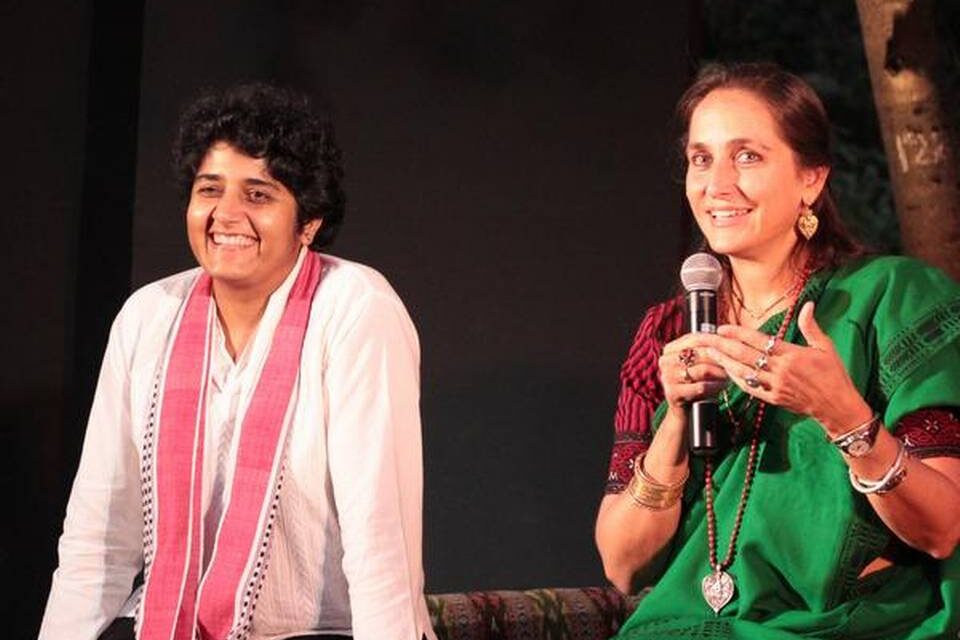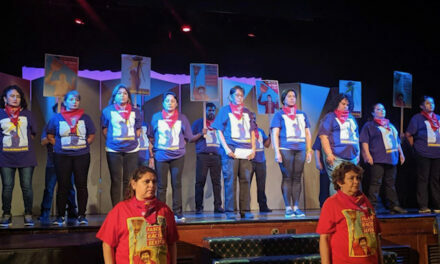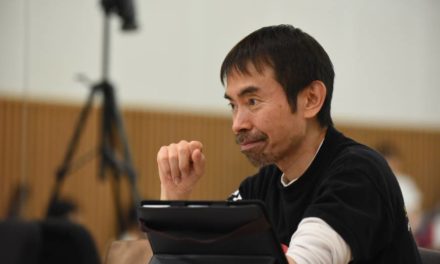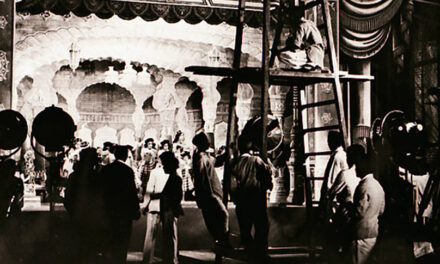One unexpected casualty of these beleaguered times is a relatively young arts organization that had only recently celebrated its eighth anniversary on February 29 (and because that’s leap year day, it was only its second birthday technically). Junoon, the brainchild of intrepid cultural warriors Sanjna Kapoor and Sameera Iyengar, has closed down its shutters. In a statement that was released last week, its founders wrote, “As we celebrated [last month], we knew we were at a turning point that demanded tough decisions towards financially stabilizing Junoon. We were moving towards this end. However, the current global scenario has shaken us. As you can imagine, the fragile existence of an arts organization such as Junoon has left us with very little options but to graciously call it a day. And it is with sadness that we have decided to close Junoon to ensure we do not undergo any more insurmountable losses.”
Window Into Diversity
This is nothing short of disheartening, because Junoon leaves behind a not inconsiderable imprint on the arts scene in the city and on the artistic temperament of its denizens, as it attempted to establish a diverse and inclusive parallel culture of sorts which would activate spaces of arts visibility and cultural belonging, while maneuvering a social climate of growing illiberalism that appeared to be more opposite than apposite to the values that propelled them forward. It was a raison d’être emphatically spelled out when its founders spoke of facilitating a much-needed access to India’s vibrant diversity of arts expressions and practices providing, according to the mission statement on its website, “stimulating windows into cultures, thoughts, histories and practices [so that] the arts may also be intensely personal immersive experiences, opening up spaces of knowledge, understanding, questioning and empathy within each one of us.”
In setting up Junoon, Kapoor had certainly carried forward the goodwill and leverage she had earned as prime mover in the experimental theatre circuit, having handled affairs at Prithvi Theatre for close to two decades. She and Iyengar brought a ten-year-long association into Junoon, ensuring that at the very core of the new venture was a strong double-act with proven mettle. In 2012, the launch event had been characterized by a graceful lack of ostentation with only facsimiles of the origami-style Junoon logo, folded in with crisp red paper, suspended in air across the Horniman Circle Gardens. The latter was the erstwhile Bombay Green (as it was referred to in the 19th century) that Kapoor helped buoy into an alternative cultural space in its own right by staging Prithvi-affiliated outdoor musical concerts and performances there fairly regularly, and thus seemed appropriate for this new beginning.
Method in the Chaos
Much of the arts sector is cluttered and chaotic in its functioning, so Junoon’s organizational panache and streamlined processes will be sorely missed. To this end, they had spearheaded a program called SMART (Strategic Management in the Art of Theatre) in association with the India Foundation for the Arts (IFA) and India Theatre Forum. Dubbed as a capacity building program for theatre groups, SMART addressed the need of strategic thinking and sustainable management procedures in theatre. Over several editions, practitioners who had apprenticed at SMART workshops took back functional values and planning to their own practices. In this regard, a discernible change in the manner in which groups function has certainly been noticed by community insiders, a momentum that should perhaps not be tempered. IFA’s tribute to Junoon’s tenacity did not specifically speak of SMART’s future as a program that has still to fully live up to its stated potential.
Also disappearing from the city’s calendar will be the spate of Mumbai Locals organized by Junoon. These were events in which thinkers from the field of arts and beyond were roped in for community interactions in bookshops or libraries or other small spaces that encouraged a particular intimacy of engagement. Among the speakers whose fixtures were cancelled in March due to the lockdown were eminent writers Shanta Gokhale and Sameena Dalwai. Junoon’s final event took place on March 8 — a session at Harkat Studios with Kavita Krishnan on ‘Fearless Freedom: Women, Safety, Danger’, curated by Paromita Vohra. What seemed like a temporary hiatus has now been set in stone as a departure that hasn’t quite received a proper send-off.
The article was originally posted at TheHindu.com on April 3, 2020 and is reposted with permission. To read the original article, click here.
This post was written by the author in their personal capacity.The opinions expressed in this article are the author’s own and do not reflect the view of The Theatre Times, their staff or collaborators.
This post was written by Vikram Phukan.
The views expressed here belong to the author and do not necessarily reflect our views and opinions.


















